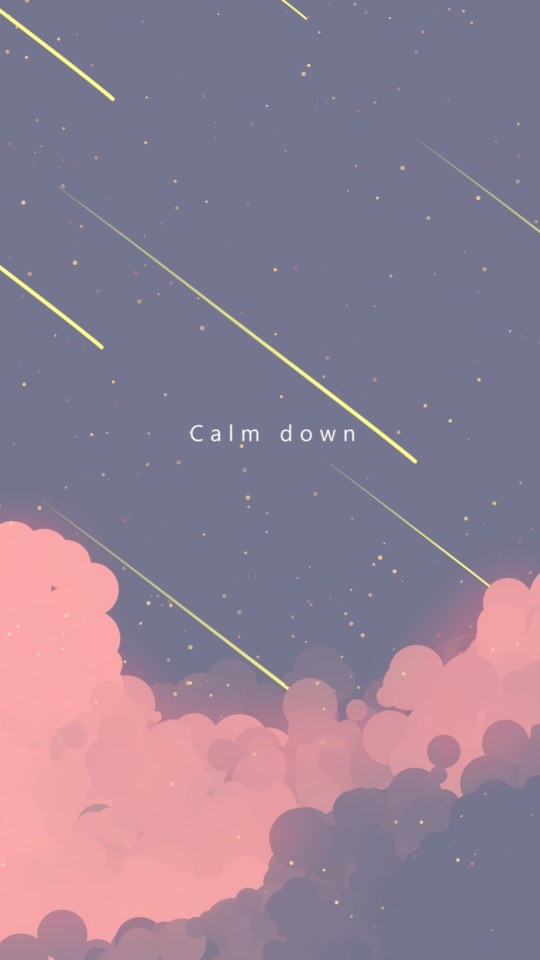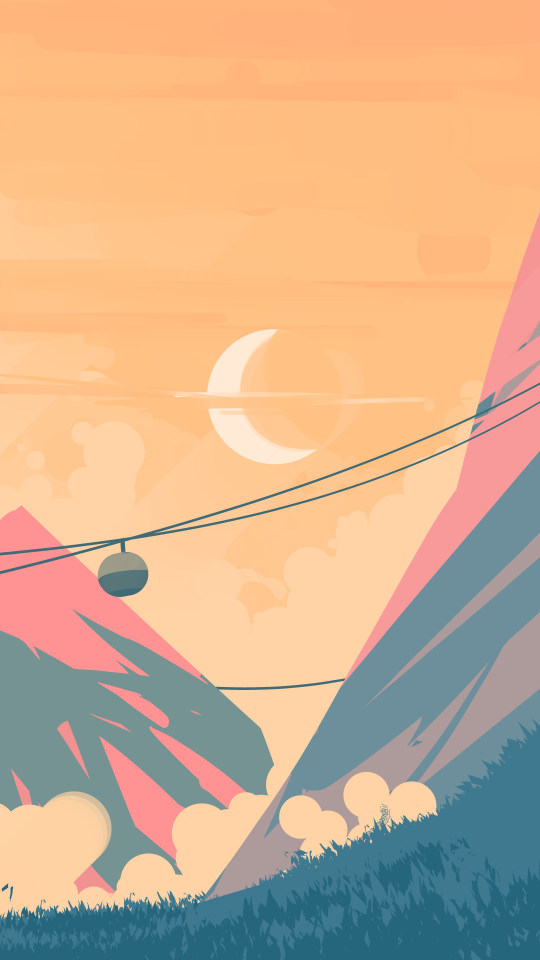Welcome Me
Welcome Me
Lately I’ve found myself… lost.
I mean everyone has been in their own way over the past year and half. Been there, said that.
But when I feel stuck…or lost..or wandering…it’s not good. Not that it’s great for anyone. I just tend to spiral.
I’m losing touch of what makes me happy and honestly maybe what’s even scarier to me is that I’m losing a sense of what I want. And I don’t mean in life. I’ve never had any answers to that question. But rather whenever I make a decision lately, no matter how small or large, it’s like I’m looking at myself from outside my body. It’s a stranger making that decision.
Maybe thats imposter syndrome. I’ve heard the term thrown about a few times here and there. But I’m trying to walk away from labeling myself, those around me, and behaviors. I feel like we as a society are teetering on the edge of the toxic thought process: “If we label it, we understand it.” Right now, I’m not caring too much about the diagnosis and more about the symptoms.
Interestingly enough, I just remembered a take on relationship communication that connects nicely to that thought process. They (@kyleleejenner on tiktok) said that “more often than not, when your girlfriend is sharing a problem with you she’s probably talking about an emotional one….what she is feeling about the problem is actually more important to her than the problem itself. Therefore listening to her feelings will solve the problem. She doesn’t want your practical solutions right now.”
I don’t necessarily care about the label or maybe even to the solutions right now. But I do care that I feel this way. I care that it feels like I’m someone I’m not. I care that I’m worrying about regretting decisions. I care that what I think I’m feeling is not really how I’m feeling.
I’m hoping writing my feelings will help to acknowledge how I’m feeling or even to discover how I’m truly feeling. Next steps will come later.
More Posts from Kasuga707 and Others
~Some Thoughts on Fantasy, Music, and Resonation~
I was recently listening to a friend talk about why philosophy was pointless, the idea that it was just discussion and no real change came of it. Unreal, impractical, useless. Overall, his reasons were undeveloped, underthought, and devoid of any real conviction and it seemed to me that he was far more confused as to why it was a source of study and the purpose it served than he was actually critical of the practice as a whole. But it got me thinking about the "unreal" and the impossible.
And it caused 2 thoughts to spring into my mind. First, fantasy at its core is the unreal. It is so magnificent because it simply cannot be. We explore the worlds made of a different yarn than our world. There are similarities, some things that are shared, but the rules of nature itself is the difference. A new world is made by using the mysterious pieces of our own world. Yet, the interesting thing about this phenomenon isn't the created thing, but rather the reaction to it. People love it, obsess over it, delve deeper into the lore and history of these unreal worlds. The feeling of exploration and the other feelings that those worlds inspire, the auras, the "vibes" are what pull people in.
Which brings me to my second thought, which is what those vibes invoke in me from other forms and mediums. Music, for instance.
Most people who I have spoken to listening to music are far more drawn to the lyrics of the song, than its ambiance, or its emotion in the music. Music draws forth an emotion in it's own right, which the lyrics add voice and thought to. Both are of immense importance to a song's creation, and neither can be of lesser value. Yet, those emotions which are incited by the music still exist, even if unrecognized. Thus, the musical vibe and the lyrical emotions are not only separate, but also shift how we resonate with the songs themselves.
All of this brings me to 2 unanswerable questions.
1. Does fantasy invoke the emotional response of a uniquely philosophical need for limitless potential?
And by that, I mean that as fantasy is outside of the realm of possibility, is it due to our natural inclination of creation? Or our need to explore the unknowns? The exploration of a new limitless-ness, rather than the confines of our universe?
2. Does our individual resonation with music reflect our adherence or non-adherence to artistic intentions? (In other words, is the way we enjoy the song predicated on how the author wanted us to interpret the song?)
I think it’s one thing to be born a pessimist and have heartbreaking experiences that confirm your doubts.
I think it’s a second thing to be born a realist and have heartbreaking experiences that hurt, but not in ways that aren’t foreseen.
I think the it’s a much different thing to be born an optimist and to have heartbreaking experiences that tear down your hope and alter your expectations.
I think the pessimist comes out, not much different, but with better understanding of the world and its cruel sentences.
I think the realist comes out a little different, with cosmic changes in strength and compassion.
I think the optimist, most of the time, is broken into an entirely new human being.










Pastel Lockscreen
Credit : @Argodeonn on twitter
“Human beings are so made that the ones who do the crushing feel nothing; it is the person crushed who feels what is happening. Unless one has placed oneself on the side of the oppressed, to feel with them, one cannot understand.”
— Simone Weil, Lectures on Philosophy
The scariest part of a depressive episode isn't crying due to the intense sadness and pain, but when you can't.

Art by Claralieu
“The acquisition of a book signalled not just the potential acquisition of knowledge but also something like the property rights to a piece of ground: the knowledge became a visitable place.”
— James Wood, Serious Noticing: Selected Essays
“I can’t tell you exactly what I’m looking for, but I’ll know it when it happens. I want to be breathless and weak, crumpled by the entrance of another person inside my soul.”
— Aimee Bender, The Girl in the Flammable Skirt
When you decide to touch a woman
Remember who gave you hands
When you crush her with words
Remember who gave you a tongue
When her heart cracks open and flows like a red river
Remember who will make your heart stop
(I hope God cuts off every part of you that was used to hurt a woman)
𝒃𝒂𝒊𝒍𝒆𝒚 𝒃𝒍𝒖𝒔𝒉
I think millennials don’t want to have children right now because they’ve seen their mothers (baby boomers) make up for what they missed out on from becoming young parents. The ones I’ve seen have failed miserably at doing so.
In Depth Body Vocab [pt. 2]
As promised, here’s PART TWO of the in depth body vocab! PART ONE covered the face / head. Today we will look at the back, torso, and most internal organs. Enjoy <3

*picture is of a male presenting torso (necessary vocabulary is highlighted)
몸통 - torso
승모근 - traps
쇄골 / 빗장뼈 - collar bone
major difference between 쇄골 and 빗장뼈: Both can translate to the scientific name ‘clavicle’. However, 쇄골 comes from 한자: ‘鎖骨’.
흉곽 - ribcage
가슴 - chest / breast
젖꼭지 - nipple
겨드랑이 - armpit
겨드랑이 털 - armpit hair
이드박근 - bicep
배 - belly, stomach (exterior)
배꼽 - bellybutton
활배근 - lats
허리 - waist
가랑이 - crotch
Example Sentences:
저는 겨드랑이에서 땀이 괴도하게 났었어요 - I used to sweat a lot in my armpits
밥을 많이 먹어서 배가 너무 불러요 - My stomach is full because I ate too much

*blank back cut off at the legs and neck (necessary vocabulary is highlighted)
등 - back
목 - neck
어깨 - shoulder
팔 - arm
왼팔 - left arm
오른팔 - right arm
양팔 - both arms
삼두근 - triceps
팔꿈치 - elbow
척추 - spine
not to be confused with 척수 which refers to the spinal cord
허리 - waist
옆구리 - side
허리께 - hip
엉덩이 - butt / buttocks
Example Sentences:
양팔을 위로 줄 뻗어 보세요 - Please stretch your arms out
하루 종일 앉아 있었더니 엉덩이가 아파요 - My butt hurts from sitting on it all day

*picture of internal organs including the lungs, heart, liver, stomach, kidneys, and intestines (necessary vocabulary is highlighted)
장기 - organ
식도 - esophagus (’gullet’ in reference to animals)
폐 / 허파 - lung
major difference between 폐 and 허파: 폐 is used in more medical contexts over 허파
심장 / 가슴 - heart
major difference between 심장 and 가슴: 심장 refers to the literal pumping organ whereas 가슴 is the general area of the chest but can be used as an emotional heart (as opposed to 마음, which is the feeling in your heart)
혈관 - blood vessel
정맥 - vein
동맥 - artery
간 - liver
위 - stomach (internal)
신장 / 콩팥 - kidney
major difference between 신장 and 콩팥: 신장 comes from 한자: ‘腎臟’, where 콩팥 is the native Korean version.
신장병 - kidney disease
신장 결석 - kidney stone
장 - intestine
대장 - large intestine
소장 - small intestine
소화 (하다) - digestion (to digest)
혈액 / 피 - blood
major difference between 혈액 and 피: 혈액 is the medical form!
Example Sentences:
저는 수년간 위에 문제가 있어 왔어요 - I’ve had issues with my stomach for years
어젯밤 먹은 게 고화가 잘 안 돼요 - I’m having trouble digesting what I ate last night
Extra Vocab to Know:
배설(하다) - excretion (to excrete)
대변 / 똥 - stool or poop
major difference between 대변 and 똥: 대변 is more like feces whereas 똥 is much more casual in speech
소변 / 오줌 - urine or pee
major difference between 소변 / 오줌: same as above, 소변 is more like urine where 오줌 is more casual
both 소변 and 대변 come from 한자: 大便 (대변) and 小便 (소변)
싸다 - to poop/pee
누다 - to poop
음경 - penis
자궁 - womb
This is obviously for educational purposes, so I hope tumblr lets it stay up. But here’s PART TWO of the in depth body vocab!
Happy Learning :)
~ SK101
-
 kasuga707 reblogged this · 3 years ago
kasuga707 reblogged this · 3 years ago -
 kasuga707 liked this · 3 years ago
kasuga707 liked this · 3 years ago -
 cheezbot liked this · 3 years ago
cheezbot liked this · 3 years ago -
 my-turning-point-at-25 reblogged this · 3 years ago
my-turning-point-at-25 reblogged this · 3 years ago
